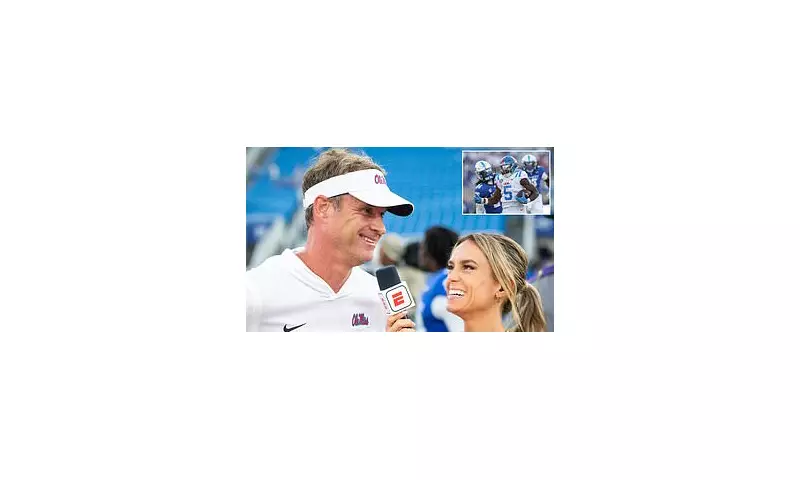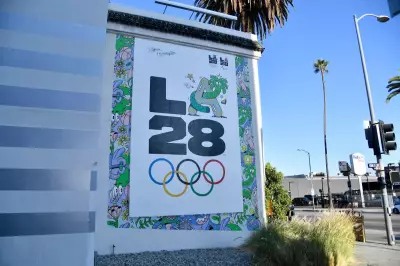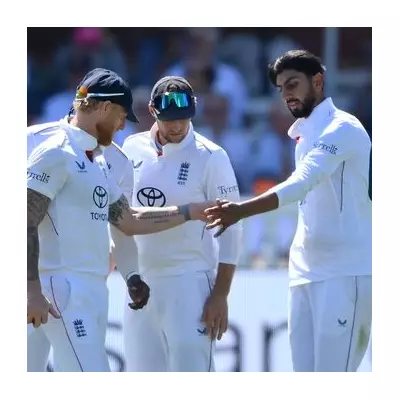
In a stunning move that has rocked the college football world, Ole Miss Rebels head coach Lane Kiffin has issued a public apology to sports gamblers after his team's controversial final play against Tulane dramatically altered betting outcomes.
The incident occurred during the closing seconds of Saturday's game, with Ole Miss leading 37-20. Rather than taking a knee to run out the clock, backup quarterback Spencer Sanders threw a 13-yard touchdown pass to wide receiver Jalen Knox with just six seconds remaining.
The Betting Fallout
This unexpected score proved catastrophic for gamblers who had backed Ole Miss with a -17.5 point spread. The last-second touchdown pushed the final score to 43-20, meaning the Rebels covered the spread by exactly half a point.
Kiffin, known for his social media savvy and sometimes controversial remarks, took to platform X (formerly Twitter) to address the gambling community directly. His post read: "Apologize to gamblers everywhere. We usually take a knee there. Got called different. Sorry @espnbet @CircaSports @BetMGM."
Mixed Reactions and Ethical Questions
The apology has sparked intense debate across sports media and gambling circles. While some appreciated Kiffin's acknowledgment of the gambling impact, others questioned the appropriateness of a college coach publicly addressing betting outcomes.
Sports betting analyst Ben Fawkes noted the significant financial implications, stating that the late score caused massive swings in betting results. The play affected millions in wagers across major sportsbooks.
Coach's History with Gambling References
This isn't the first time Kiffin has engaged with gambling discourse. The coach has previously made light of point spreads and betting lines, often incorporating gambling references into his media interactions. However, this direct apology to gamblers marks a new level of engagement with the betting community.
The incident raises important questions about the relationship between college sports and gambling, particularly as legal sports betting continues to expand across the United States.
NCAA Stance and Potential Implications
While the NCAA has relaxed some rules regarding athlete gambling education, the organization maintains strict policies against athletes and staff engaging in sports betting. Kiffin's comments, while not violating specific rules, certainly push the boundaries of conventional coach-speak regarding gambling.
The Ole Miss athletic department has not issued any official statement regarding Kiffin's comments, leaving the coach's apology standing as the program's only public response to the controversy.
As college football continues to navigate its complex relationship with the booming sports betting industry, Kiffin's unconventional approach to coach-gambler relations may signal a new era of transparency—or create new ethical dilemmas for the sport.





